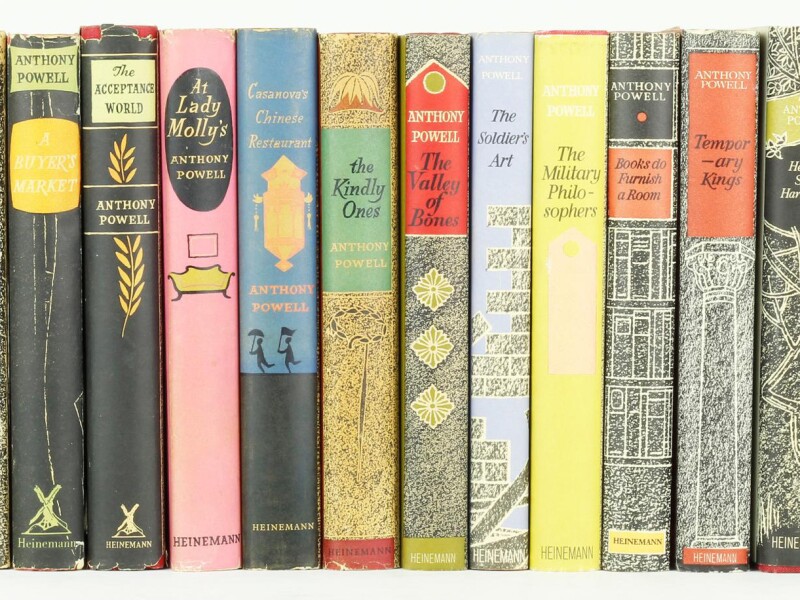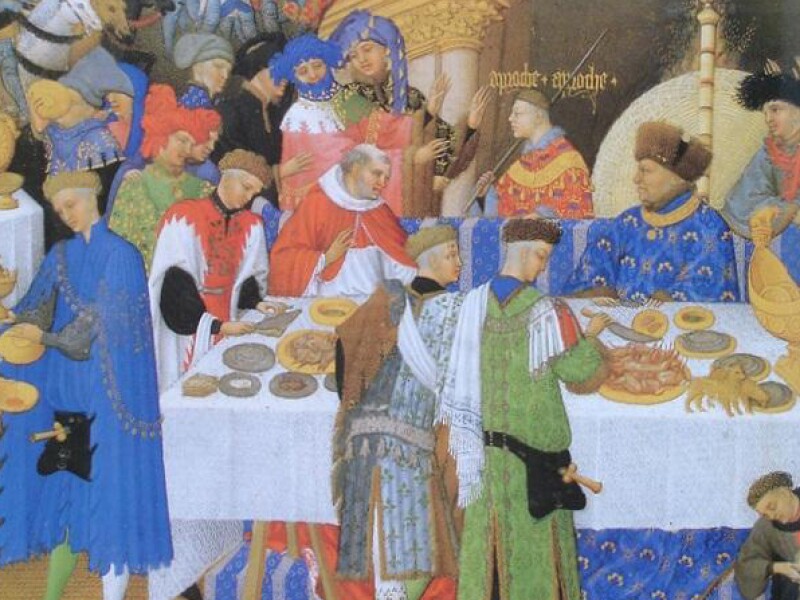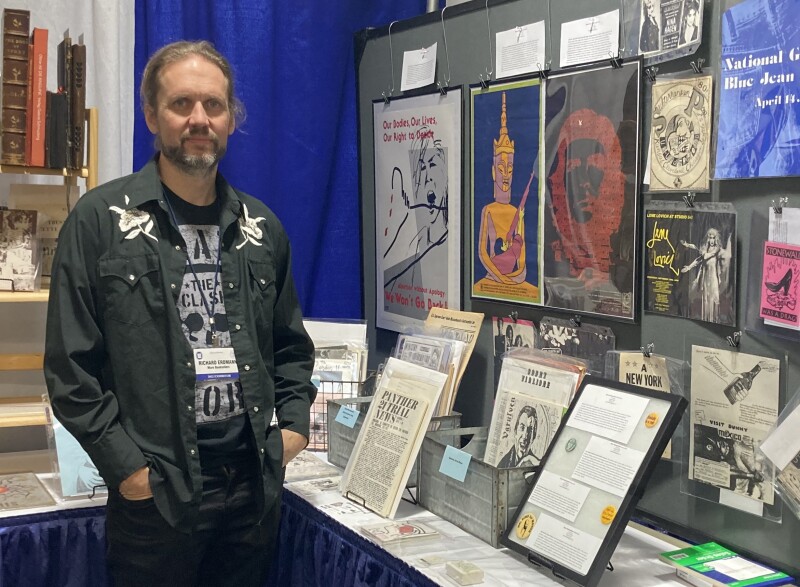
Bookseller Richard Erdmann grew up listening to punk music, worked as a cook, and aspired to be a writer. Today, he is a passionate collector and expert seller of zines (or fanzines), mimeographs and little magazines.
In 2001 Richard started to buy books from local dealers and flea markets and sold them online to save up for books he otherwise could not afford. His dream was to own a copy of Whoroscope by Samuel Beckett. By 2007 he had transitioned to being a full-time bookseller, under the name Mare Booksellers.
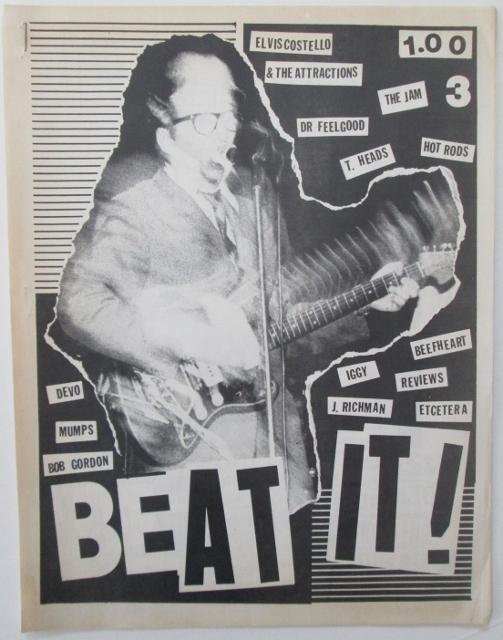
"A fanzine, or zine, is a DIY publication that allows creators to express interest on subjects they're passionate about. Fanzines originated among fans of science fiction in the 1930s and 40s. When punk music emerged in the 1970s, fans of the genre felt excluded from the mainstream music press and turned to creating fanzines to disseminate information on bands and shows.
The genre has grown to include zines devoted to feminism, LGBTQ+, and other subjects or groups, often those underrepresented or marginalized in popular print forms," Richard said.
Mare booksellers is located in the seacoast area of New Hampshire, and is primarily an online and mail order bookstore. Richard also started doing book fairs, and will be displaying at the Boston International Antiquarian Book Fair in October, 2023.
Q&A with Richard Erdmann
AbeBooks: How did you pick the name for your business (Mare Booksellers)?
Richard Erdmann: Is Mare a horse, an Italian word for sea, or an acronym of my wife’s and my name? You decide.
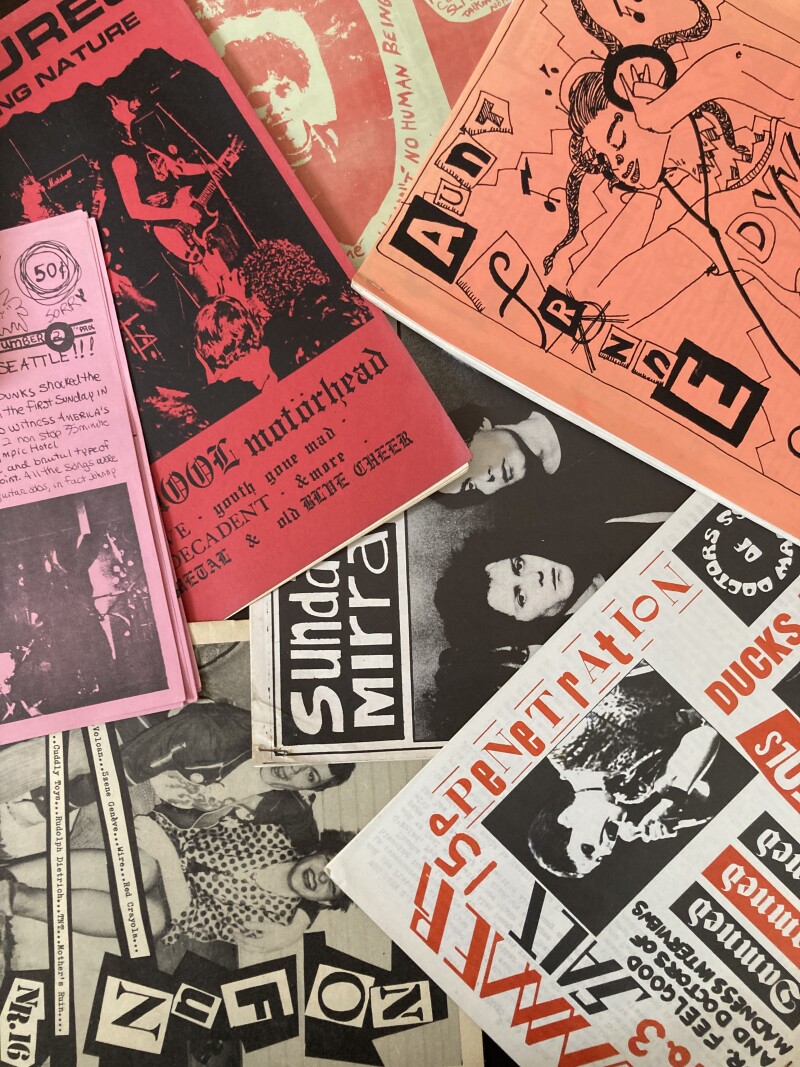
AbeBooks: Why are you passionate about zines?
Richard Erdmann: I grew up listening to punk music and I love the art, writing and creativity that goes into zines. While zines have been around since the mid-1900s in the science fiction genre, the underground newspapers of the 1960s influenced the punk zines and attitudes of the 1970s.
The rebellion against the status quo as manifested in the counterculture and art movements of the 60s planted the seeds for punk music and culture. For me it's important to have items that document that lineage.
AbeBooks: What can we learn from these niche publications?
Richard Erdmann: The adage history is written by the victors also applies to the world of publishing. The publication and printing of books and magazines, has been, for the most part, done by those with the economic means to do so. By virtue of this, what gets published is often that which is deemed to be commercially successful. This can serve to homogenize culture and establish a sense of conformity based on what is available in mass media.
Zines and other similar DIY publications provide an opportunity for people to get a more complete picture of any time in history, presenting voices and ideas from those who may have been at the fringes of their respective societies.
AbeBooks: What was the most remarkable zine you handled?
Richard Erdmann: A zine written and published by women incarcerated in the House of Detention in New York City. It was published in November of 1938 and contained poetry, essays and news, all written by those then currently incarcerated.


